Okay, real talk: are you confused about whether what you're experiencing is perimenopause, menopause, or just regular life being extra? You're definitely not alone. These terms get thrown around like everyone knows exactly what they mean, but honestly, most of us are just winging it.
If you've been Googling "am I too young for menopause?" at 2 AM, or wondering why nobody warned you that your 40s might feel like hormonal whiplash, this one's for you. Let's break down what's actually happening in your body during these transitions – no medical jargon, just straight talk.
The Short Version (Because We're All Busy)
Perimenopause = the transition period before menopause when your hormones start getting wonky (can last 2-12+ years)
Menopause = when your periods stop completely - AKA no more ovulation ( 12 months without a period)
Post-menopause = everything after menopause (the rest of your life, basically)
Of course, there's WAY more to it than that, so let's dive deeper.
Perimenopause: Your body’s natural transition
Perimenopause means "pre menopause," and it's your body’s way of naturally transitioning and recalibrating into a new phase of life - menopause - when you no longer ovulate. Think of it as the opening credits of a movie – you know something's starting, but you're not quite sure what you're in for yet.
When Does Perimenopause Start?
Here's where it gets interesting: perimenopause can start as early as your mid-30s, but it typically begins in your 40s. I've worked with women who started noticing changes at 35 and others who sailed through their 40s without a blip until 48.
The average age is around 47, but "average" doesn't mean much when we're talking about your unique body. Your genes, lifestyle, stress levels, and even your birth control history can all influence when perimenopause begins.
If you think you may be in perimenopause… chances are, you are. Trust your body.
The Perimenopause Experience: Expect the Unexpected
If there's one thing that defines perimenopause, it's unpredictability. Your hormones aren't gradually declining like a gentle sunset – they're more like a strobe light at a nightclub. Up, down, up, down, and sometimes completely off when you least expect it.
Your periods might become:
Heavier or lighter than usual
Longer or shorter
More frequent (every 21 days instead of 28) or less frequent (every 35-40 days)
Completely MIA for a few months, then surprise! Back again
Other perimenopause symptoms (although this list is far from exhaustive): :
Hot flashes
Night sweats
Disrupted sleep patterns
Mood swings
Brain fog
Lower energy levels & motivation
Weight gain
Heart palpitations
Vaginal dryness
Loss of libido
Anxiety & Depression
Itchy, dry skin
And more!
The Hormone Roller Coaster
During perimenopause, your estrogen levels can swing dramatically – sometimes higher than they've ever been, sometimes lower. Progesterone tends to decline more steadily, but even that's not consistent.
This hormonal chaos is why you might feel like a completely different person from day to day (and why hormone testing isn’t really an answer for peri). One day you're Wonder Woman, the next day you're barely functional. It's not in your head, and you're not broken – your hormones are working hard to try to find their balance in life.
How Long Does This Last?
The million-dollar question, right? Perimenopause typically lasts 2-12 years, with an average of about 4 years. But (you knew there was a "but" coming) some women experience a shorter transition of just a few months, while others deal with perimenopausal symptoms for over a decade.
I know, I know – "2-10 years" is about as helpful as saying "it'll take somewhere between a minute and forever." But this wide range is actually normal because every woman's body transitions at its own pace.
Menopause: The Official End of an Era
Menopause itself is actually just one day – the day that marks 12 months since your last period. That's it. It's not a phase; it's a milestone.
The 12-Month Rule
You're officially in menopause when you haven't had a period for 12 consecutive months. This typically happens between ages 45-55, with the average age being 51.
Why 12 months? Because during perimenopause, you might skip periods for 3, 6, or even 9 months, then have one show up unexpectedly.
What's Happening in Your Body
During menopause, your ovaries are basically retiring from egg production. Your estrogen and progesterone levels drop to their lowest point and stay there. This hormonal shift is what officially ends your reproductive years. What’s not often mentioned is how this is a HUGE rite of passage and something to CELEBRATE, not dread. Look at all the wisdom you’ve gained up until this point. You, my dear, are a freaking rockstar!
Post-Menopause: The New Normal
Everything after that 12-month milestone is considered post-menopause (AKA the best part of your journey in life if you ask me). This is the longest phase – it's the rest of your life after menopause.
Early vs. Late Post-Menopause
The first few years of post-menopause (often called "early post-menopause") might still involve some transitional symptoms as your body adjusts to its new hormonal baseline. After about 5 years, most women find their symptoms stabilize, and they enter what's sometimes called "late post-menopause."
How to Tell What Phase You're In
This is where it gets tricky because the lines between these phases aren't always clear. Here are some general guidelines:
You're Likely in Perimenopause If:
Your periods are still happening but have become irregular
You're experiencing symptoms like hot flashes, mood changes, or sleep issues
You're between 35-55 years old
You haven't gone more than 12 months without a period
You're in Menopause If:
It's been exactly 12 months since your last period
This is technically just one day on the calendar
You're in Post-Menopause If:
It's been more than 12 months since your last period
You may or may not still have symptoms
The Surgical Shortcut: Surgical Menopause
If you have your ovaries surgically removed (called an oophorectomy), you'll go into menopause immediately, regardless of your age. This is called "surgical menopause," and it tends to cause more intense symptoms because the hormonal drop is sudden rather than gradual. This is one of those rare occasions HRT will likely be a great option for you (in combo with herbs of course).
Hormone Testing: Will it Help?
The honest answer? Not really, at least not during perimenopause. Hormone levels fluctuate so dramatically during this phase that a blood test might show different results from week to week.
The most reliable way to know what phase you're in? Track your periods and symptoms. Your body will tell you what's happening if you pay attention to it.
What About Birth Control?
Here's something that confuses a lot of women: if you're on hormonal birth control, you might not know you're in perimenopause because the synthetic hormones can mask the symptoms and regulate your cycle.
Some women choose to stay on birth control through perimenopause to manage symptoms and prevent pregnancy (yes, you can still get pregnant during perimenopause!). Others prefer to come off hormonal birth control to better understand what their natural hormones are doing.
Managing the Transition: It's All About Support
Whether you're in perimenopause or dealing with menopause symptoms, you don't have to just "tough it out” or get on HRT. There are lots of ways to support your body naturally through this natural transition:
Natural approaches include:
Herbal support - this is where your life can change for the BEST (more below)
Regular movement and exercise
Stress management techniques
Nutritional support
Sleep hygiene
Community and emotional support
The key is finding what works for YOUR body and YOUR life. There's no one-size-fits-all approach to this transition. This is where working with me as an Herbalist for Perimenopause comes in very handy! Schedule your Herbal Discovery Call.
The Big Picture: You're Not Alone in This
Here's what I want you to remember: wherever you are in this process, you're not alone. Every woman who lives long enough will go through this transition. It's not a sign that you're getting old or that your best years are behind you – it's a natural part of life that deserves to be understood, naturally supported and CELEBRATED!
Your experience might look different from your friends', your mother's, or what you read online, and that's completely normal. Your body is unique, and your transition will be too.
If you're struggling with symptoms, feeling overwhelmed by the changes, or just want someone who understands what you're going through, don't hesitate to reach out for support. This transition is significant, and life is too short to struggle through when you can breeze through and feel more vibrant than ever!
Whether you're just starting to notice changes or you're well into your post-menopausal years, remember: this is not the end of your story. It's the beginning of a new chapter, and it can be a really good one.
Taylor Short, of Harmonious Return is a Perimenopause Herbalist, Writer & Earth Intuitive. She’s passionate about starting a natural perimenopause revolution and tap into the wisdom of the earth and your body’s natural healing abilities so you can step out of barely hanging on… to fully blossoming and thriving in your full, authentically balanced self!


